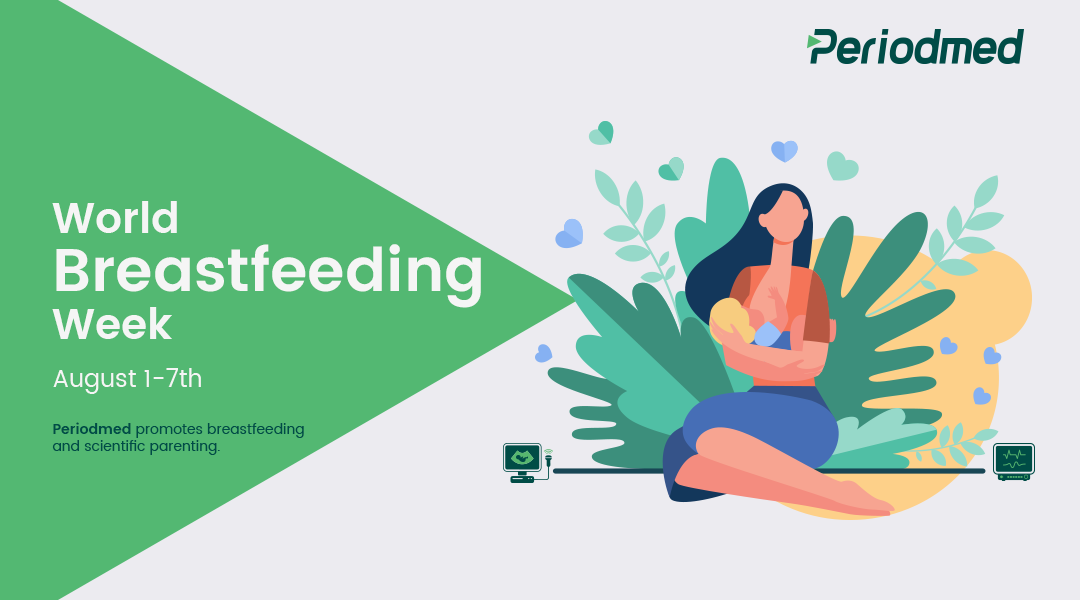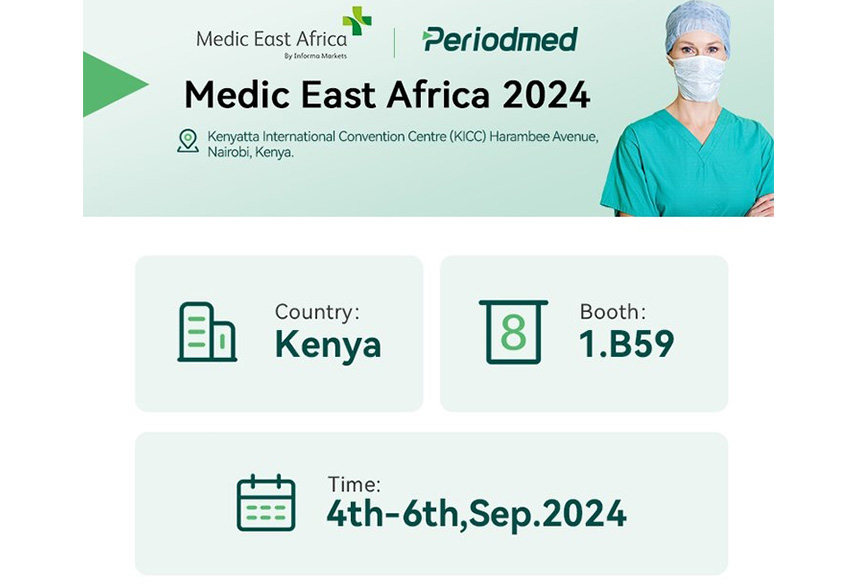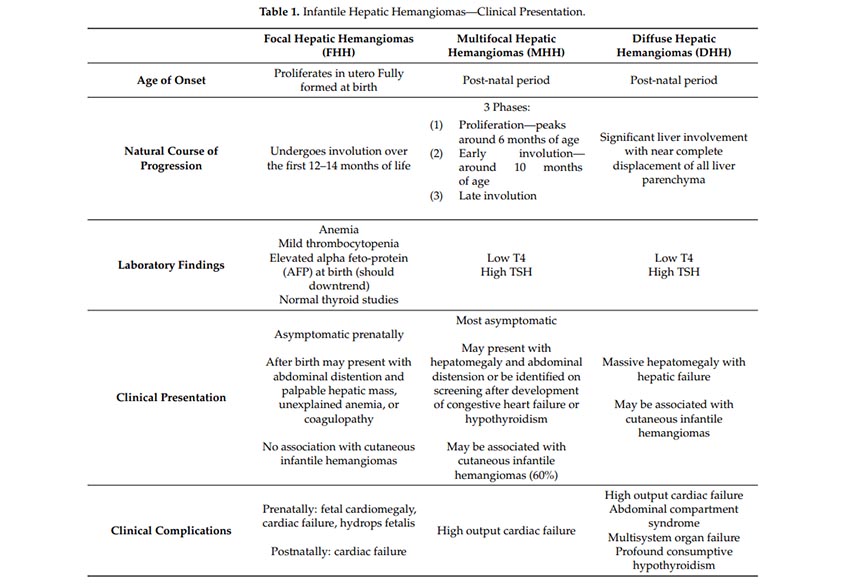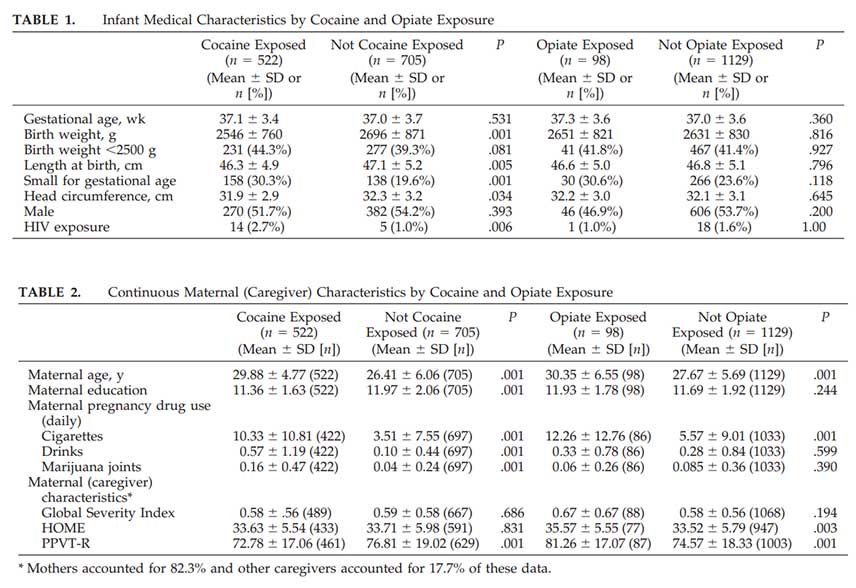Initiated by by the World Alliance for Breastfeeding Action (WABA), the World Health Organization (WHO), and UNICEF since 1992, World Breastfeeding Week helps us see an increase of 10% in the number of infants under six months of age exclusively breastfed worldwide. Breastfeeding rates has increased in countries like Côte d’Ivoire, the Marshall Islands, the Philippines, Somalia, and Vietnam. 48% of infants around the world now enjoy this healthy start in life.
How Periodmed Support Maternal and Newborn Health
Periodmed is dedicated to supporting maternal and newborn health through our advanced life monitoring system and ultrasound solution.
Revo T2 Ultrasound System
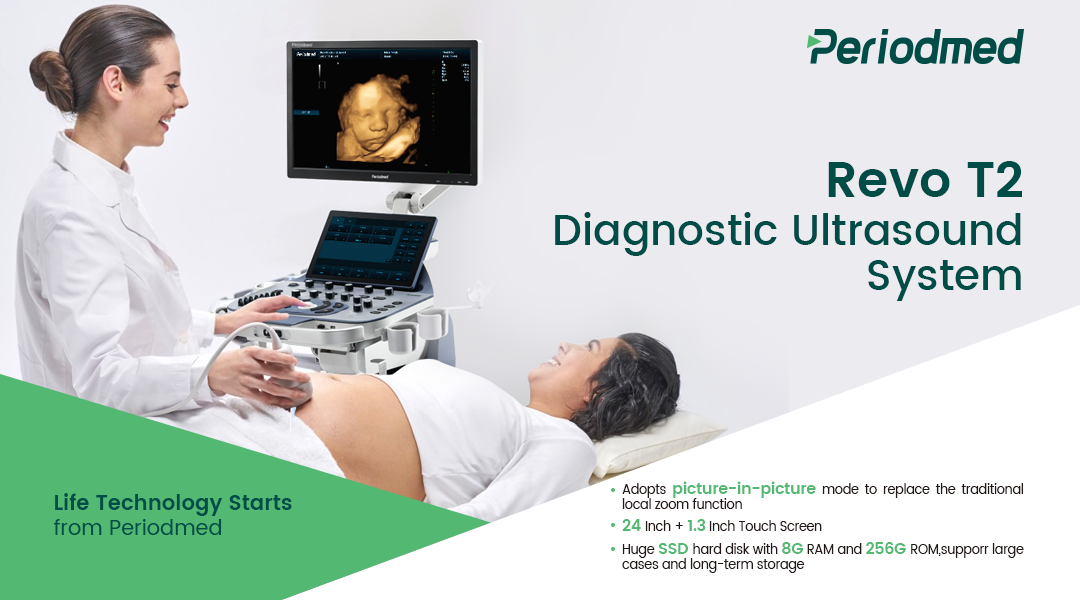
Equipped with advanced adaptive precise transmission and reception control, paired with efficient multi-channel parallel processing technology, Revo T2 maximizes computing speed while delivering exceptional image performance.
Precise Imaging Capabilities
Revo T2 integrates cutting-edge precise algorithms and speckle noise reduction technology to enhance visual clarity by minimizing grainy distortions, ensuring sharper and more reliable imaging. With intelligent spatial review imaging and multi-beam processing, it efficiently handles concurrent data streams, boosting imaging processing speed and accuracy.
Wide-Range Applications
Versatile for OB/GYN, Revo T2 helps ultrasound practitioners make decisions in a more confident manner.It can be used forabdomen, vascular, urology, MSK, cardiac, and more clinical needs.
User-Centric Design
Featuring a 13.3-inch large touch screen with an adjustable angle, it streamlines operation—covering 90% of clinical procedures with ease. Learn about more ultrasound solutions.
E10 Neonatal life monitoring system
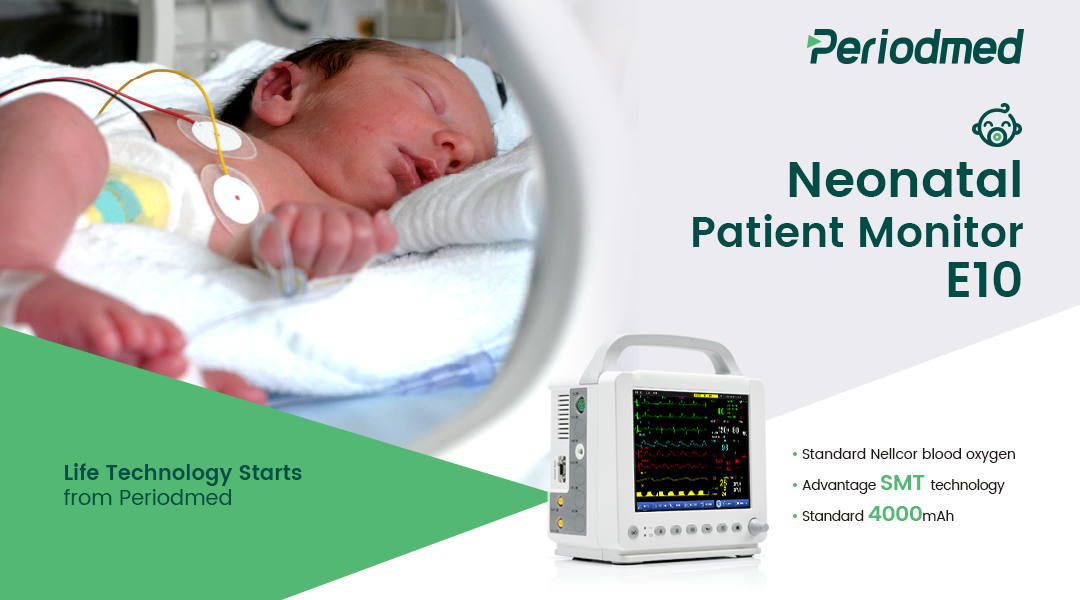
Leveraging cutting-edge technology, E10 life monitoring system can track vital signs of newborns from Necllor SpO2 to Suntch NIBP, ensuring real-time and accurate data collection to detect potential health risks.
Standard Nellcor blood oxygen
Apart from heart rate, temperature, pulse rate, and other common parameters,E10 neonatal life monitoring system helps medical staff track Necllor Spo2 in real time, minimizing the risks associated with hypoxiaor or hyper oxygenation.
SMT technology
E10 comes with Suntech NIBP modular, adopting SMT technology and adaptive signal processing. It also uses 0~150 hypotension measurement algorithm of neonatal, which improves the exercise anti-interference performance, more faster, more accurate and safer.
Standard 4000mAh
N8 has a standard 4000mAh large capacity lithium battery, with an ultra long endurance of no less than 3 hours.
Promote Breastfeeding Globally
Building data systems is one of key to raising breastfeeding rates. Standardize breastfeeding tracking system worldwide helps narrow rural-urban gaps and socioeconomic divides.
Workplace reforms are also critical to sustaining breastfeeding, including paid maternity leave (at least 14 weeks, as recommended by WHO), providing nurings room facility and flexible hours for pumping.
Last but not the least,professional community education is needed especially in developing countries. That is, more trainings are expected amongst midwives and healthcare workers on first-hour breastfeeding and routine birthing care.
Breastfeeding Tips
Breastfeeding is a natural but learned skill for both you and your baby. Here are tips that help you to get used to it.
Latch
A good latch can keep you comfortable, instead of feeling nipple soreness. Hold your baby close to the breast and let them latch naturally themselves. You’ll know it’s right if you hear soft swallowing, their cheeks stay rounded, and you feel a gentle tug—not pain.
Positions
There is no one-size-fits-all position. Try different ones and keep your shoulders and arms relaxed, so that you can find out what works best for you and your baby. Support your baby's neck, shoulders and back and let them tilt their head back and swallow easily.
Feeding Frequency
The tiniess of baby's stomachs determines a frequent feeding around 8 to 12 times a day. You can know when to breastfeed with early hunger signs, such as rooting, sucking on fists or fussing and even crying.
Milk Supply
Make sure you’re feeding on demand and your baby is latching well—this helps your body make more milk. Drink plenty of water and eat a balanced diet. Pumping after feeds can also boost supply.
Challenges in Promoting Breastfeeding
Although breastfeeding has many benefits, we are still facing numerous challenges worldwide.
Oneof the key challenges is the lack of data collection. Currently, only about half of the countries globally collect data on breastfeeding rates. Without comprehensive data analysis as a basis, it is difficult for various countries to accurately identify inequalities in the healthcare field, nor can they provide timely and effective breastfeeding support to mothers and families in a targeted manner.
Another challenge comes from workplace environment. Evidence shows that breastfeeding rates drop significantly when women return to work. Approximately 500 million working women worldwide are not covered by the basic maternity leave protection stipulated in national laws, and little support is provided when they return to work. Globally, only 40% of mothers with newborns can enjoy the most basic maternity benefits in the workplace, making it difficult for many mothers to balance work and breastfeeding.
In addition, low-and-middle income countries are faced with newborn breastfeeding challenge. Only two fifths of infants can are breastfed within the first hour after birth though early breastfeeding could bring benefits to the health of both mothers and infants.
Wrapping up
World Breastfeeding Week reminds us of the ongoing support women and babies need from healthcare system and whole society. Throughout breastfeeding journey, more support is needed not just for materal health but also medical facilities. Hence, Periodmed not only promotes breastfeeding but also provides integrated care for neonates and mothers with the advanced neonatal life monitor system and ultrasound solution.

















 EN
EN CN
CN
